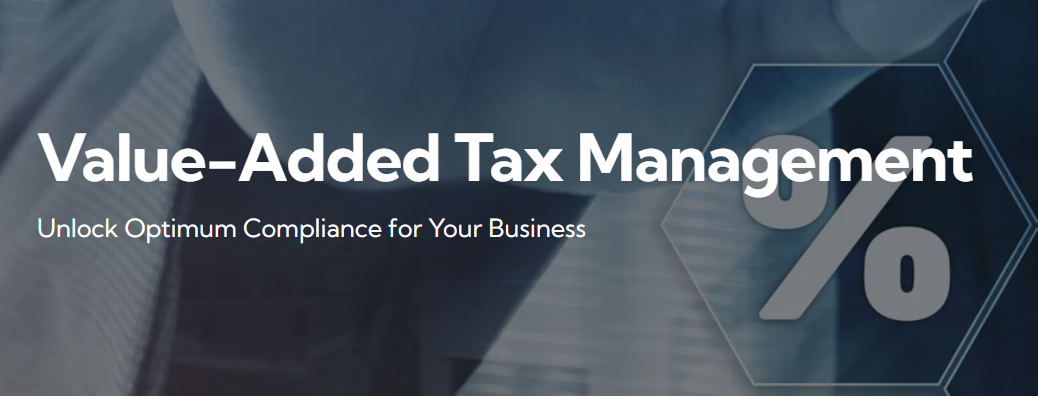Value-Added Tax (VAT) Management: A Comprehensive Guide

Value-Added Tax (VAT) is a consumption tax levied on goods and services at each stage of the supply chain, where value is added. It is a crucial source of revenue for governments worldwide and plays a vital role in the global economy. Effective VAT management is essential for businesses to ensure compliance, optimize financial performance, and minimize risks.
Understanding VAT
VAT is an indirect tax collected by businesses on behalf of the government. It is applied incrementally at each stage of production and distribution, with businesses paying VAT on their purchases and collecting it on their sales. The net difference is then remitted to the tax authorities. Unlike sales tax, which is charged only at the final sale to consumers, VAT is collected throughout the supply chain.
Importance of VAT Management
Proper VAT management is essential for businesses to avoid financial penalties, maintain compliance, and enhance cash flow. Inefficient VAT handling can lead to errors in tax reporting, penalties, and reputational damage. Effective VAT management ensures that businesses correctly calculate, collect, and remit VAT while optimizing their tax position.
Key Elements of VAT Management
1. VAT Registration
Businesses must determine whether they meet the VAT registration threshold, which varies by country. Registering for VAT allows companies to charge VAT on their sales and reclaim input VAT on purchases.
2. Accurate VAT Calculation
Companies must apply the correct VAT rates based on the type of goods and services offered. Different countries have varying VAT rates, including standard, reduced, and zero-rated categories.
3. Efficient Record Keeping
Maintaining accurate and detailed records is crucial for VAT compliance. Businesses should track invoices, receipts, and transaction details to facilitate accurate VAT reporting.
4. Timely VAT Filing and Payments
VAT returns must be filed periodically (monthly, quarterly, or annually) as required by the local tax authorities. Late submissions can result in fines and interest charges.
5. VAT Compliance and Audits
Tax authorities may conduct audits to verify VAT compliance. Businesses should ensure that their records and transactions align with legal requirements to avoid discrepancies.
6. Cross-Border VAT Considerations
International transactions may involve different VAT rules, such as reverse charges and exemptions. Businesses engaging in cross-border trade must be aware of applicable VAT regulations in different jurisdictions.
Challenges in VAT Management
-
Complex Regulations: VAT laws vary significantly across countries, requiring businesses to stay updated on changes.
-
Reclaiming Input VAT: Businesses may face challenges in recovering VAT paid on purchases, especially in international transactions.
-
Risk of Errors: Manual VAT calculations increase the risk of inaccuracies, leading to penalties.
-
Technology Integration: Many businesses struggle with integrating VAT management into their accounting systems.
Best Practices for Effective VAT Management
-
Automate VAT Processes: Using VAT management software reduces errors and ensures compliance.
-
Seek Professional Guidance: Consulting VAT experts or tax advisors helps navigate complex regulations.
-
Regular Compliance Audits: Periodic reviews ensure that VAT calculations, filings, and records align with legal requirements.
-
Stay Updated on VAT Regulations: Monitoring changes in VAT laws helps businesses remain compliant and avoid financial penalties.
Conclusion
Effective VAT management is a critical aspect of financial planning and compliance for businesses. By understanding VAT regulations, maintaining accurate records, and leveraging technology, businesses can optimize their tax position and avoid costly penalties. Implementing best practices in VAT management ensures smooth operations and enhances overall financial efficiency.
- Art
- Causes
- Crafts
- Dance
- Drinks
- Film
- Fitness
- Food
- Games
- Gardening
- Health
- Home
- Literature
- Music
- Networking
- Other
- Party
- Religion
- Shopping
- Sports
- Theater
- Wellness
- IT, Cloud, Software and Technology


